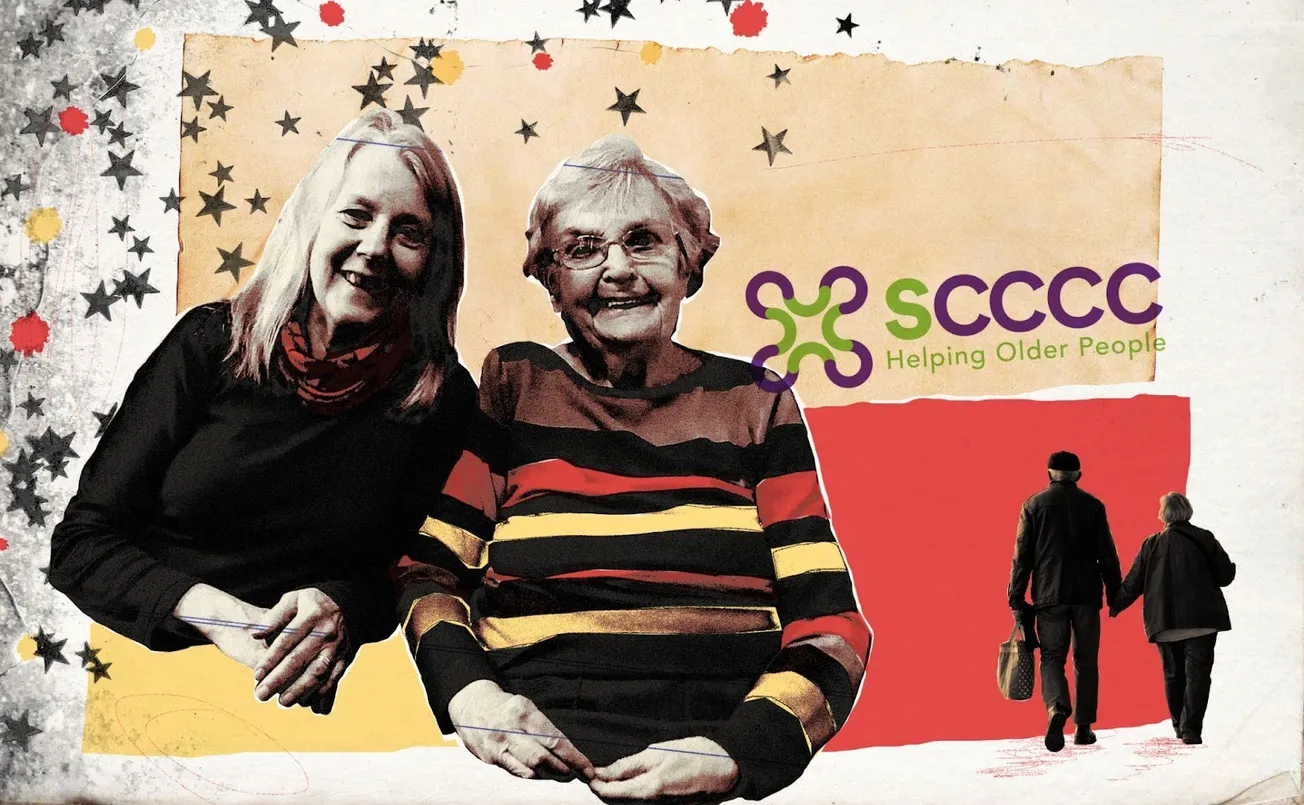Good afternoon members — and welcome to Thursday’s Tribune.
Politics can be a fickle business. For a brief period seven years ago, University of Sheffield accountancy professor Richard Murphy became one of the most talked about economists in the country. Lauded by left-wingers as the solution to never-ending austerity, his ideas on tax, savings and investment policy formed the basis of what became known as “Corbynomics”, turning British politics upside down. Now, under the new Labour leadership of Keir Starmer, he’s back out in the cold, but he’s not gone quietly. Last week I caught up with Murphy to talk politics, economics, and why he enjoys irritating politicians on Twitter.
Editor’s note: Every Thursday, we send out this email to the full list, our paid and unpaying subscribers. There is just one catch! Only the top of the article will be visible to our free subscribers. We do this not because we are sadists, but in the hope that the prose morsel might entice you, unpaying subscriber, to locate your wallet and support us financially. We are currently entirely funded by members and we still need many more subscriptions to build a team of writers and become the sort of title that can serve Sheffield over the long term.
If you love what we do and read us regularly, please consider supporting us as a paid member today to get the full story below and all our members-only journalism.
News round-up
🗳️ Former MP Jared O’Mara is to stand trial on fraud charges later this month, The Mirror report. The 41-year-old, who served as a Labour and then independent MP for Sheffield Hallam between 2017 and 2019, pleaded not guilty to an eighth charge of fraud via video link yesterday at Leeds Cloth Hall Court. He and his co-defendants, Gareth Arnold and John Woodliff, are accused of submitting fraudulent invoices totalling more than £28,000 to Parliament's expenses watchdog, the Independent Parliamentary Standards Authority, the body which also manages MP’s staffing costs.
🐮 In our last briefing before Christmas, we covered the turmoil at Heeley City Farm after bosses unveiled a financial rescue plan for the much-loved community organisation. Now, this excellent update in Now Then goes deeper into what has been going on at the farm over the last few months. Editor Sam Walby says that as redundancies loom, the ongoing row illustrates a “serious clash of cultures, management styles and ways of working” which new farm bosses Stuart Gillis and Dave Clarson must face head on. “If they don’t constructively engage and channel community energy,” he writes. “They might never recover reputationally.”
🏔 That Sheffield is a hilly place isn’t really news. But there are hills and there are hills. According to the Ordnance Survey, Blake Street in Upperthorpe is the steepest of the lot. In this entertaining piece, The Star visits the 200m-long, 16.6% gradient street, which featured in the film The Full Monty, to find out about the pros and cons of living on a road which is said to be the third steepest in the country. The piece also includes an amusing video of intrepid reporter David Kessen attempting to walk up it without getting too out of breath.
Things to do
🎹 At the Crucible’s Tanya Moiseiwitsch Playhouse on Friday, January 13, Sheffield Jazz and Music in the Round present the Mercury Music Prize nominated Fergus McCreadie Trio. Jazz pianist McCreadie is an improviser of exceptional ability and a composer of elegant, nuanced and captivating music. His performances with bandmates David Bowden on bass and Stephen Henderson on drums are described as “exuberant, uplifting and soul-stirring experiences”. Doors open at 7.30pm and tickets are £16 (£9 students and under-16s £4).
🖼️ On now at Soft Ground (a new temporary public space in the former BHS store on The Moor) is A Celebration of Printmaking, an exhibition featuring the work of some of the talented local artists who teach and volunteer at the Yorkshire Artspace’s Carousel Print Studio. The free show, which features a range of printmaking techniques from monoprint, etching, screenprint and linocut, is on daily until Sunday, 22 January from 12pm-4pm.
🪧 Paradise Square was once Sheffield's main public meeting place, a space where people gathered to protest and demand change. In 2019, artist Chloë Brown used it as the location for her short film, A Soft Rebellion in Paradise, asking 200 women to gather there to perform acts which in some way defied norms. The film also includes a poem by Sheffield-based poet Geraldine Monk, which she performs on the square where John Wesley addressed crowds and Chartists were dispersed by troops, leading to rioting. The film will be shown at the Millennium Gallery from Saturday, 14 January to Sunday, 12 March (10am-4pm).
The Joy of Tax
A few years ago, Richard Murphy was out walking with one of his children. “If you think you can find an extra £100 billion from the tax system,” his son asked him. “Can I have some more pocket money?” This was swiftly followed by: “And why don’t we live in that house?” Such is life for a professor of accounting with teenage children, I guess.
Richard Murphy isn’t your average professor of accounting, however. As well as all the usual teaching and research, on his Twitter bio he also describes himself as an “economic justice campaigner”. It’s a label that a few years ago saw him drawn for a few brief months into mainstream politics — before finding himself on the outside again almost as soon as he knew where he was. But in or out, it hasn’t stopped him tearing strips of politicians of all shades on social media every day.
Murphy currently splits his time between the University of Sheffield and the Copenhagen Business School, where his work focuses on accounting and sustainability. And he also does grant-funded work from a charity to work on the Green New Deal. As such he doesn’t get up to Sheffield much from his home in Cambridgeshire, but like many of us these days he’s on video calls several times a day, which is how I contact him last Thursday afternoon.
I’m slightly trepidatious before the call. On Twitter, Murphy comes across as uncompromising and punchy. By the time I speak to him he’s already fired off around 40 Tweets that day, and it’s still only 2pm. His Twitter photo does nothing to dispel that image: stern-faced and serious, ready for a (virtual) scrap. His tweets make him sound like the kind of person who lives and breathes politics, policy and economics. I hope I’ll be able to hold my own.

In the end I needn’t have worried. In our almost 50-minute long video call, Richard is funny, charming and easy to talk to. We immediately start chatting about his use of Twitter, which he says he uses as an “outreach tool”. His strong opinions get him regular TV and radio bookings (just the day before we speak he’s been on the Jeremy Vine show on BBC Radio 2 ridiculing the government’s proposal to make all school pupils study maths until they’re 18). But as well as securing him media appearances, it’s also something more. “I use it as a way to irritate politicians,” he tells me. “I bet the Labour Party don’t like me too much today.”
We’re speaking on the same day as Keir Starmer’s big New Year speech, and the day after Prime Minister Rishi Sunak’s. He tells me that while he might have preferred Starmer’s to Sunak’s, he’s come away unimpressed from both, and has said as much on Twitter. “Having heard both Sunak and Starmer speak,” he writes in one. “The blunt reality is that at the next election the choice will be between those who have decided people should die on trolleys waiting for beds in hospital and those who are really sad that's happening but will do nothing about it.”
Sheffield deserves great journalism. You can help make it happen.
You're halfway there, the rest of the story is behind this paywall. Join the Tribune for full access to local news that matters, just £8.95/month.
SubscribeAlready have an account? Sign In
Comments
How to comment:
If you are already a member,
click here to sign in
and leave a comment.
If you aren't a member,
sign up here
to be able to leave a comment.
To add your photo, click here to create a profile on Gravatar.







